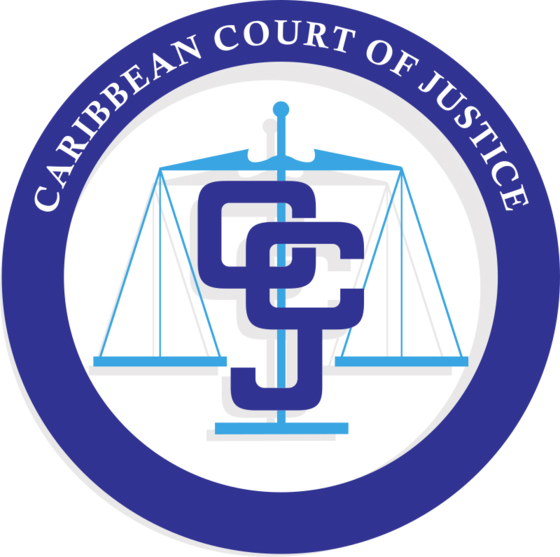ST. LUCIA to leave Privy Council, join CCJ

CASTRIES, January 14, 2022 - Saint Lucia has decided to follow through on its commitment to be the next Caribbean Community (CARICOM) member state to break with the British Privy Council and join the Caribbean Court of Justice (CCJ) its final appellate jurisdiction.

Prime Minister Philip J. Pierre, head of the Saint Lucia Labour Party, in his inaugural New Year Address, indicated that “Constitutional Reform would be placed on the front burner, in line with the Party’s 2021 Manifesto.
With the government having secured a two-thirds majority in the parliament, changes to the Constitution can be made without the need for a referendum to detach the nation from the appellate jurisdiction of the British Privy Council.
Pierre’s predecessor, former Prime Minister Dr. Kenny Anthony In 2013 had moved to table legislation that would allow for the island to make the Trinidad-based Caribbean Court of Justice (CCJ) its final court, replacing the London-based Privy Council.

According to Anthony, “St. Lucia has an identical provision but it makes reference to a section in the constitution which we believed was wrong. In other words there is an error in the section.”
Anthony said that St. Lucia sought "what can be described as an advisory opinion because St Lucia has a law that allows the Government to refer constitutional questions to the Court of Appeal to get a determination. "It is an advisory opinion; it is not binding," he said; making reference to the majority ruling by the OECS Court of Appeal.
“I think we are the only country in the Caribbean with that law and it is a very useful device. So we approached the Court of Appeal and asked them for a determination as to whether there was, and they agreed with the government that there was an error.
“By a 2-1 majority, the Court of Appeal agreed there was an error and …I have read the dissenting judgment and I can’t agree with it not because we are championing the cause but purely on the reasoning contained in that dissenting judgment,” said Anthony, a former law lecturer at the University of the West Indies (UWI).
He said armed with the opinion from the court he had formally written to the British government “advising…that the government of St. Lucia wishes to delink from the Privy Council in pursuant of the requirements of that section.”
After 43 years of Independence, Prime Minister Pierre has indicated that it is time for Saint Lucia to demonstrate confidence in regional jurists and the CCJ’s ability to provide fair, equitable, independent and affordable access to justice.
He said, “We must not be afraid of our own potential to do great things and trust our institutions and systems.”
 Established on February 14, 2001, the following member states were signatories to the creation of the CCJ : Antigua and Barbuda, Bahamas, Barbados, Belize, Dominica, Grenada, Guyana, Haiti, Jamaica, Montserrat, Saint Lucia, St Kitts and Nevis, St Vincent and the Grenadines, Suriname and Trinidad and Tobago. The CCJ has exclusive and compulsory authority for interpreting and applying the Revised Treaty of Chaguaramas.
Established on February 14, 2001, the following member states were signatories to the creation of the CCJ : Antigua and Barbuda, Bahamas, Barbados, Belize, Dominica, Grenada, Guyana, Haiti, Jamaica, Montserrat, Saint Lucia, St Kitts and Nevis, St Vincent and the Grenadines, Suriname and Trinidad and Tobago. The CCJ has exclusive and compulsory authority for interpreting and applying the Revised Treaty of Chaguaramas.
In March 2015, Dominica became the fourtth member state and first member of the Organisation of Eastern Caribbean States (OECS) to join the CCJ in both its Original and Appellate jurisdictions.
Dominica joined Barbados, Belize and Guyana that have signed on to both the Appellate and Original jurisdictions of the CCJ that also functions as an international tribunal interpreting the Revised Treaty of Chaguaramas that governs the 15-member regional integration movement.
Most of the other Caribbean countries are signatories to the Original jurisdiction.
-30-
